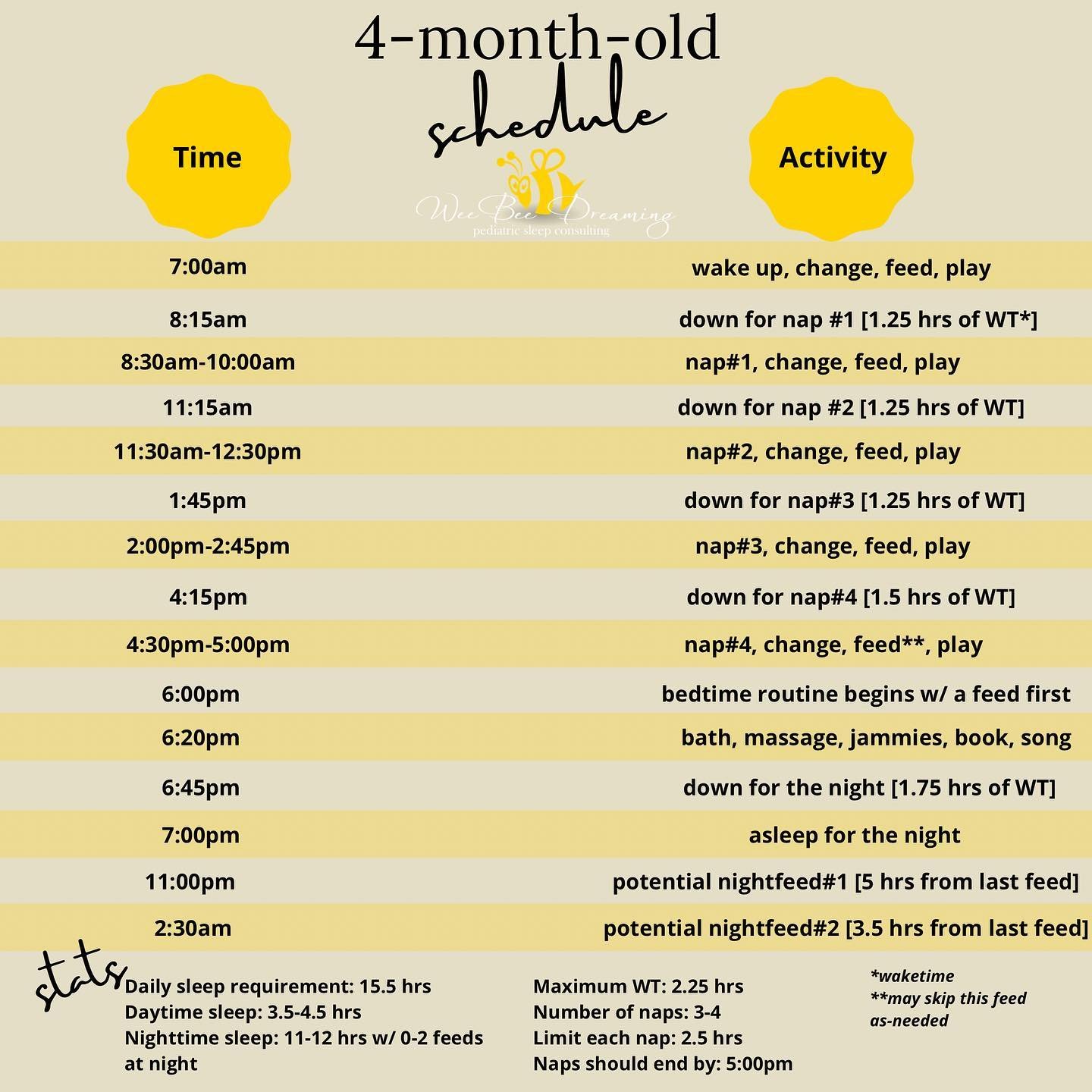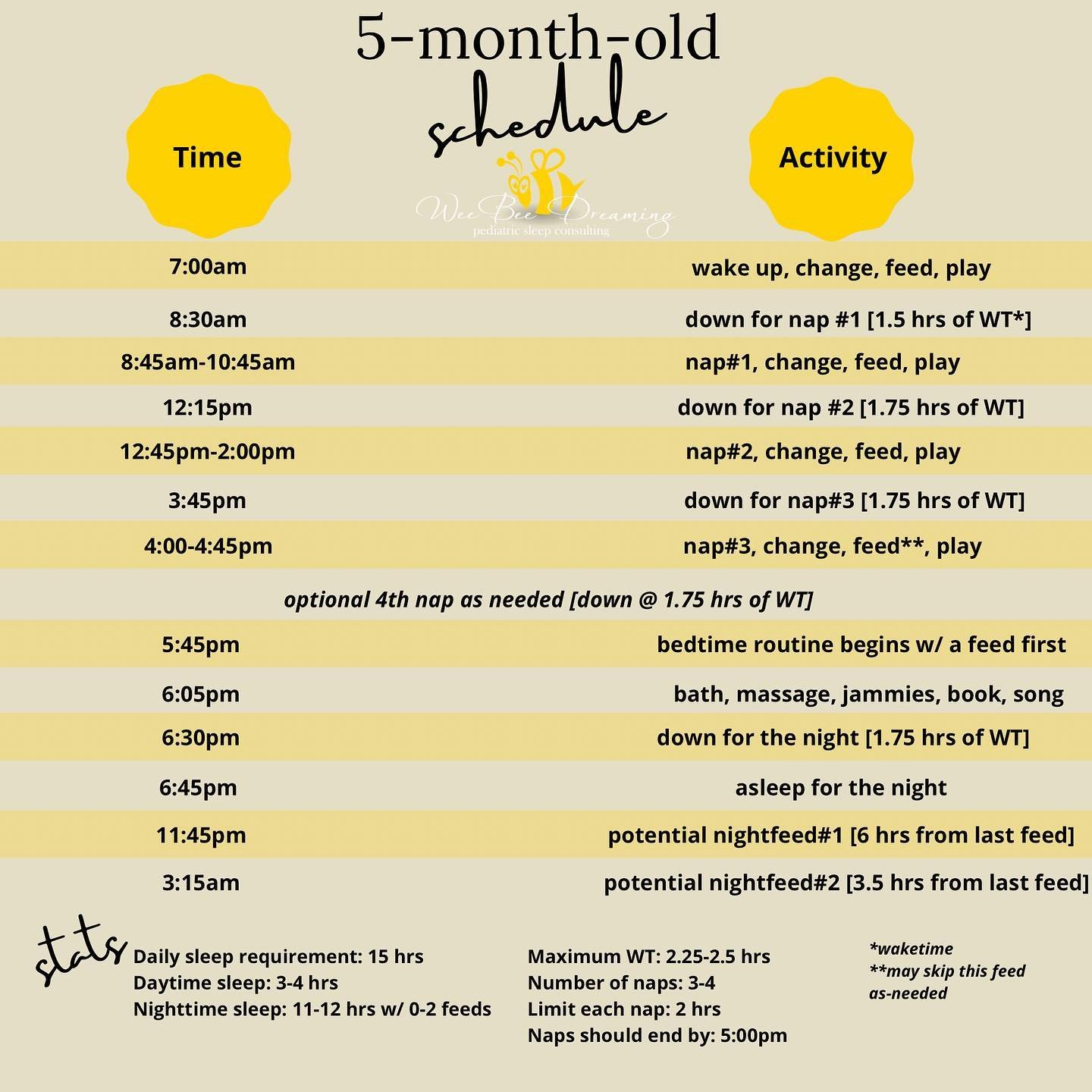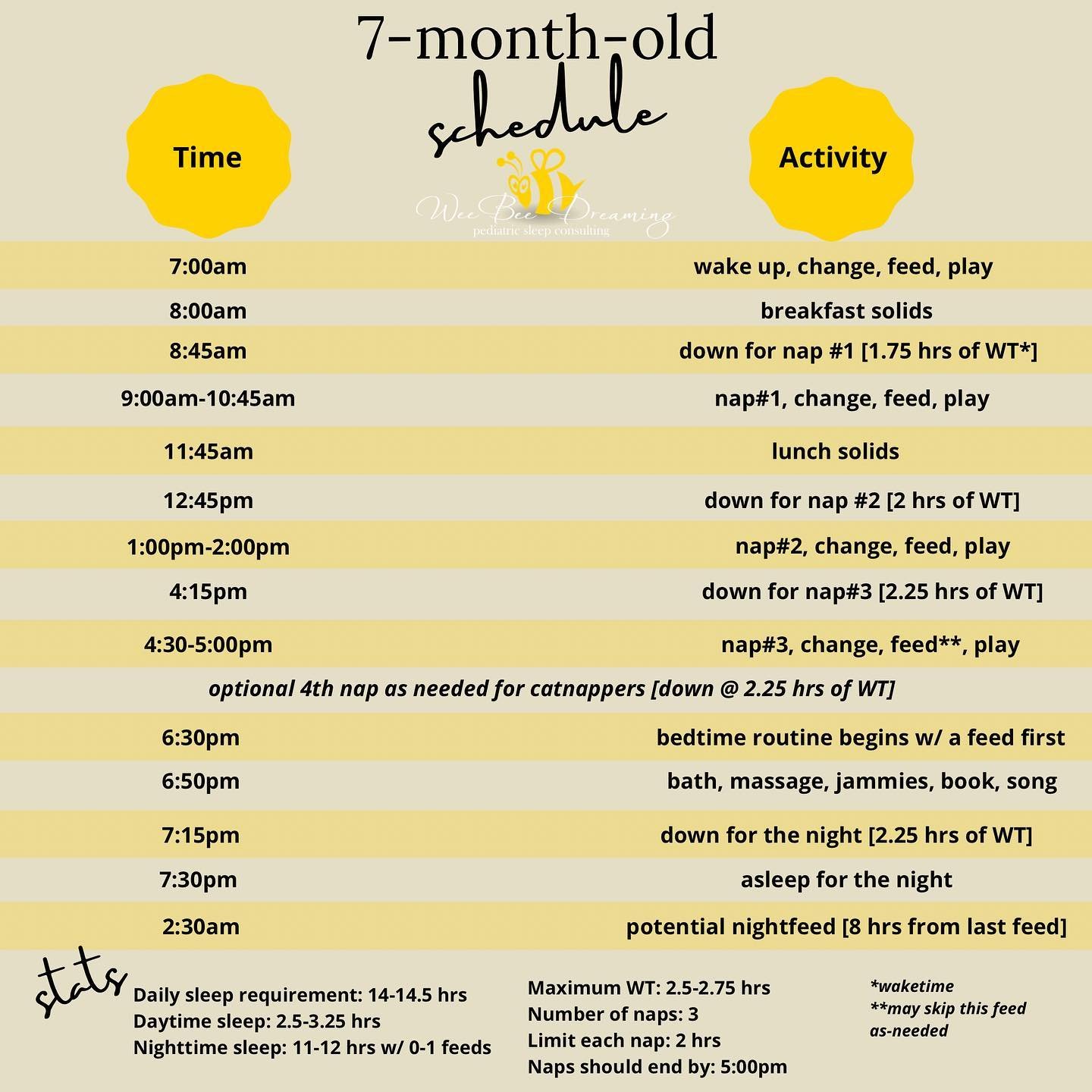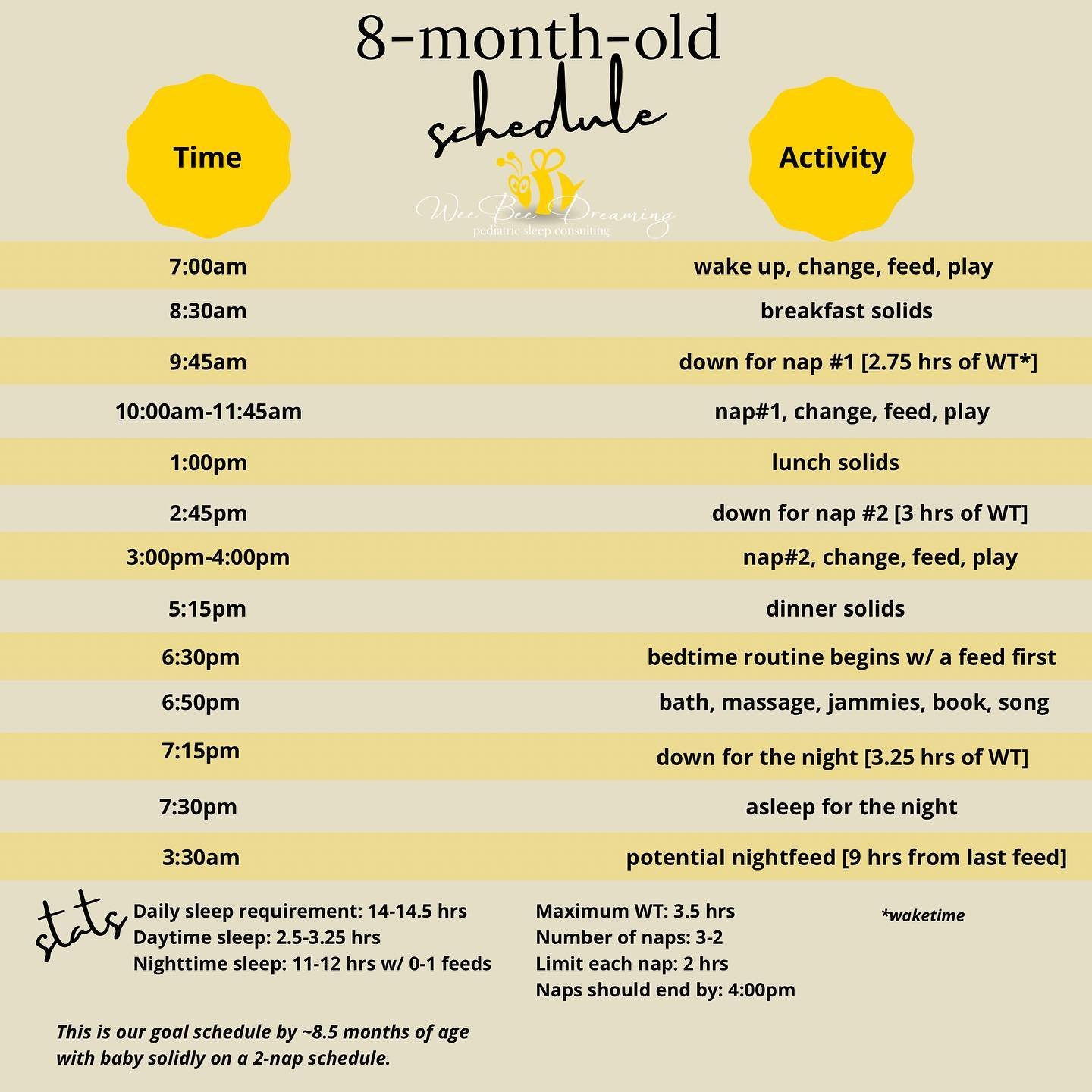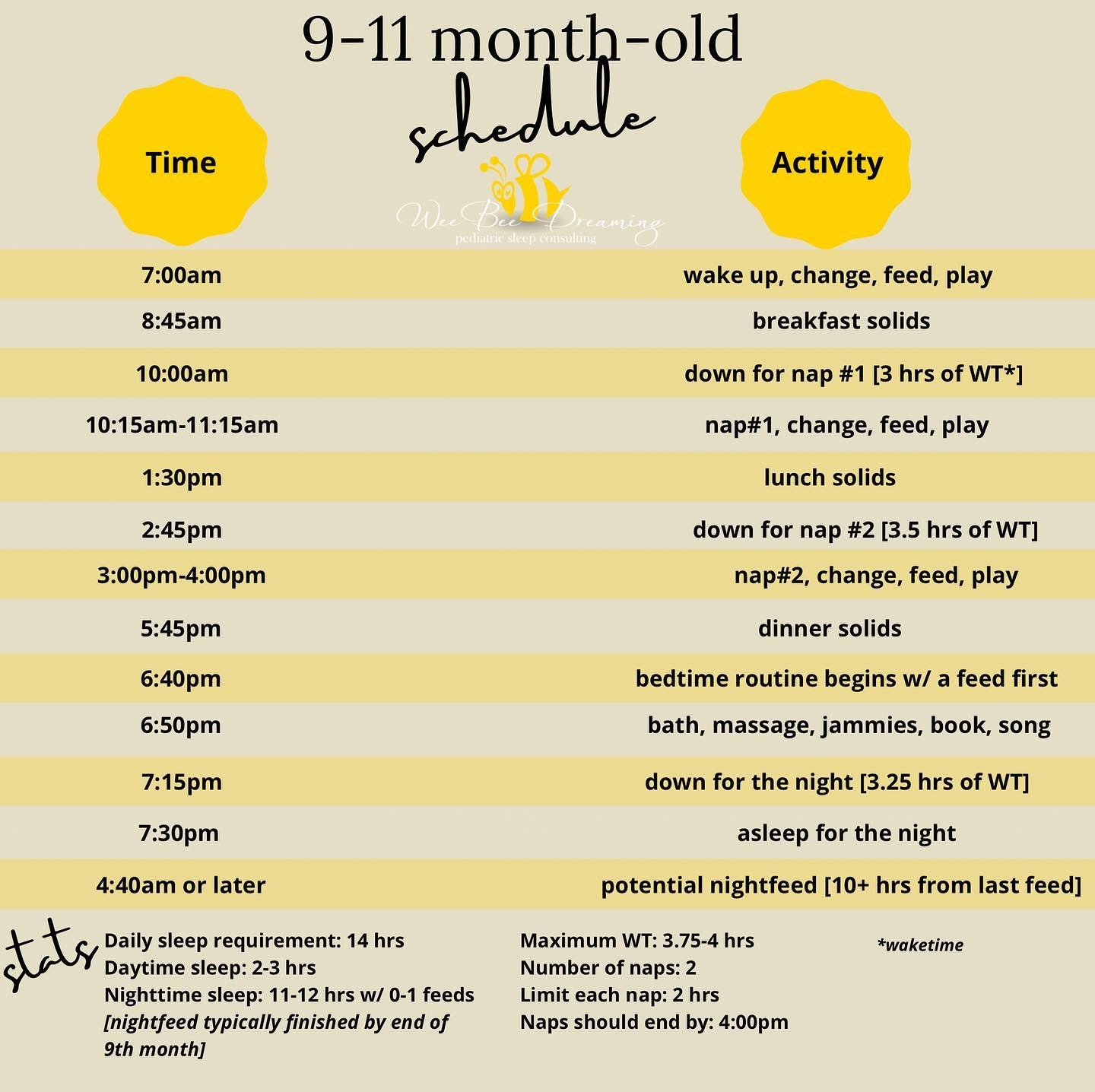what do you mean you'll spoil me if you hold me too much!?
"Wives tale - a common belief about something that is not based on facts and that is usually false."
When it comes to the topic of sleep, everybody has their theories, their beliefs, their tips and tricks. Sometimes I cringe reading the advice that fellow moms receive when asking sleep-related questions. It's not as if the advice givers are purposely passing along fallacious information, it's just that they themselves have likely been given this same terrible advice and are just trying to help a fellow mom in a similar situation. I am here today to debunk some of the Sleep Myths that you may have encountered so we can break this vicious cycle of bad advice!
“Give your baby rice cereal, he’ll sleep longer...”
When your baby isn't sleeping at night (and consequently, you are not either) you will do just about anything to get some more shuteye. This advice has been around forever but it could not be any further from the truth. In actual fact, starting solids before the age of 4 months has been proven to disrupt sleep. Well, that's just about the exact opposite of what we are trying to accomplish here! Studies have now shown that waiting to begin solids until 6 months protects baby from several complications including iron deficiency, future obesity, food allergies, and illness. In a perfect world, the equation for a full night's sleep would be as easy as a big bowl of cereal but in actuality, it is not that simple. Hunger is not the only reason a baby wakes up at night. Many babies sleep poorly due to sleep associations or overtiredness and in these two cases, hunger has nothing to do with it.
“Keep baby up during the day/before bed, this will help him sleep longer...”
This advice could not be any more opposite from what it really takes to have good quality, restorative nightsleep. We know without a doubt that the recipe for a good night's sleep is an age-appropriate daytime schedule with good naps and proper intervals of wakefulness. If you're curious how long baby should be kept awake, check out my blog here for an idea. Well-rested children accept sleep more readily, sleep better, and sleep longer than overtired ones. While it's true that if you keep baby up the whole day one day they may sleep the whole night through because they are absolutely exhausted, be careful - sleep debt is accumulative. While the effects might not be present immediately, following this night with another day of skipped naps will almost always result in disaster. When babies (and adults as well) are overtired, the stress hormone 'cortisol' is secreted and cortisol keeps us awake (it's the same hormone that would be released into your body if you were in a situation where you were trying to save your own life - the 'flight or fight response'). Ensuring that babies do not reach this overtired state is pivotal to ensure a good night's sleep.
“You need to get used to baby sleeping with lots of noise, so that he will sleep anywhere...”
Unless by noise, they mean 'white noise' then this advice is also rubbish. While it's true that we shouldn't feel like we need to tip-toe around our house every time our baby is asleep, we also shouldn't put baby down and then blare the music, run the vacuum in their bedroom, or whatever other 'tricks' we can use to 'get baby used to the noise'. Do you, as an adult, like to sleep in a noisy environment or do you prefer your quiet, peaceful bedroom when you're trying to catch some shut-eye? We should give that same level of respect to our babies when they are trying to sleep. If you're concerned about noise then I strongly suggest investing in a white noise machine to help drown out the sounds (read about the other benefits of white noise here). This same thing goes for those who say babies need to get used to bright lights while they sleep or that they should get used to sleeping anywhere. Babies can't communicate with you that they would rather be sleeping in their cozy, dark, bedroom but I will bet that's what they would say if they could! It is difficult to meet our babies sleep needs, especially at a very young age, as they need so much, but think of good sleep like food for their brain - we wouldn't feed our babies junk food so we shouldn't feed them junk sleep either.
“If you choose to co-sleep with your baby, you will never get her out of your bed...”
In this example, we will define co-sleeping as sleeping in the same bed as your baby (although some terrible advice givers might make this same comment if you disclose that you are sleeping in the same bedroom but different bed as baby). Although bedsharing has recently been a hot topic in the media for its correlation to an increase in the risk of SIDS, you should never feel that if you have resorted to this (or even if you have willingly chose it on your own) that your baby will never sleep in their own bedroom again until they go to college (slight exaggeration). I myself was once a bedsharing momma and to be honest, I wouldn't trade those special memories for the world. But guess what? My kid doesn't co-sleep anymore (GASP!) There are many methods we can use to help baby learn to sleep independently, just as we could if baby was falling asleep nursing or by rocking. So if this is the sleep arrangement you have chosen then enjoy it - and don't feel like you are doomed to a life of fighting for blankets with your school-aged child (unless, of course, that is what you want).
“If you let your baby cry, she will suffer attachment issues/ADHD/health problems/etc...”
Ah, the age-old cry-it-out debate. If you are anti cry-it-out I know that I am not going to change your opinion with this article but we need to debunk these myths that are swirling around the Internet and causing guilt and fear in parents who choose to use this method. Among these 'studies' claiming that cry-it-out is harmful for babies is the idea that "crying-it-out is stressful for babies, flooding their sweet little brains with hormones such as cortisol that interfere with healthy brain development." While it is absolutely true that ongoing stress is bad for a baby's brain, the stress that is shown to cause developmental problems is the chronic stress suffered by babies who are abused or neglected, or void of any parental figure in their life (such as babies born in orphanages in China). Does this sound like a baby who is given love and attention during the day but then allowed to cry for a couple of nights to learn self-soothing skills? Not quite.
As far as 'attachment issues' stemming from sleep training, we must first understand what attachment means. It is defined as "a child's relationship with his mother or father as it develops over the course of the first year of life." We help foster this attachment by being responsive to our baby (when he's hungry, when he's wet, when he's sleepy), but attachment isn't this fragile thing that can be broken in a night or two - as per the definition "it develops over the course of the first year of life". When sleep training is done right (see my blog here for how we can ensure we are setting ourselves up for success) it doesn't take weeks or months. It takes days.
Conversely, studies have consistently shown that well-rested children with healthy sleep habits have higher IQs and school test scores, and children that are taught delayed gratification and have been set appropriate boundaries are happier and more content. It is also shown that the risk of depression, obesity and heart diseases are greater in children and adults that are sleep deprived.
Now I'm not saying I'm the cry-it-out lover of the world, but I do not agree with making parents feel guilty or shameful should they choose to use this method to help baby sleep better.
Do you have any more advice that you have been given by well-meaning friends or family? Share it below and I can debunk it in my next segment!!



